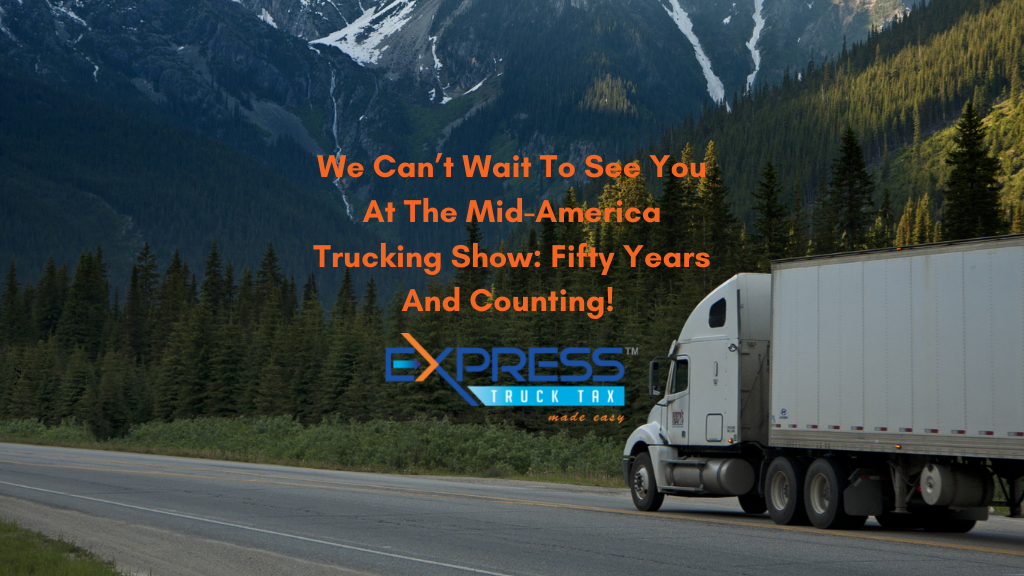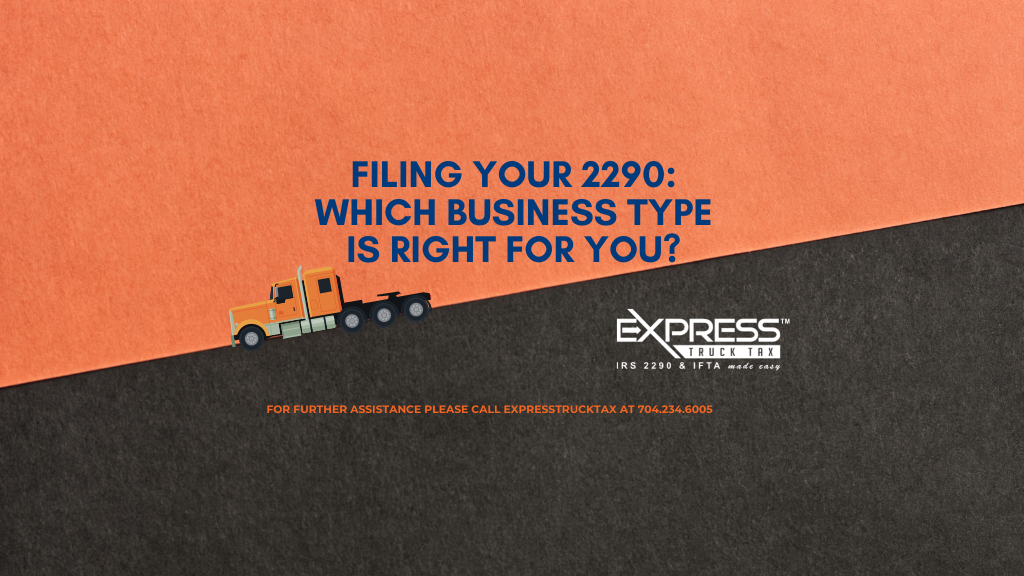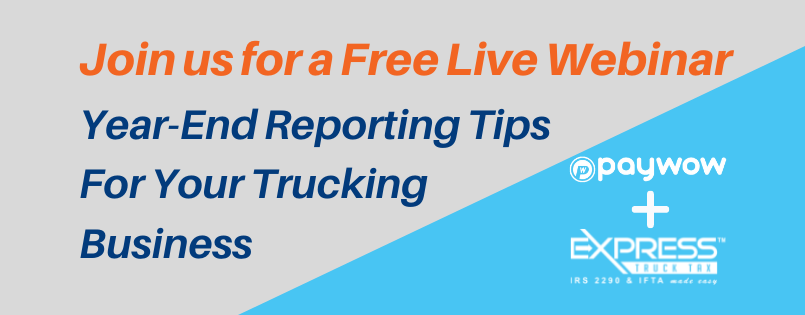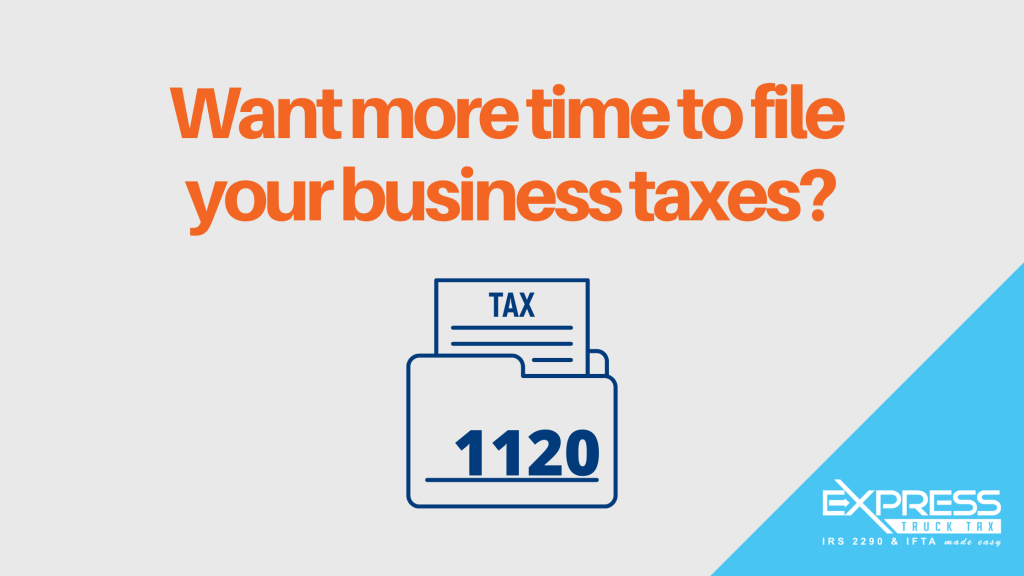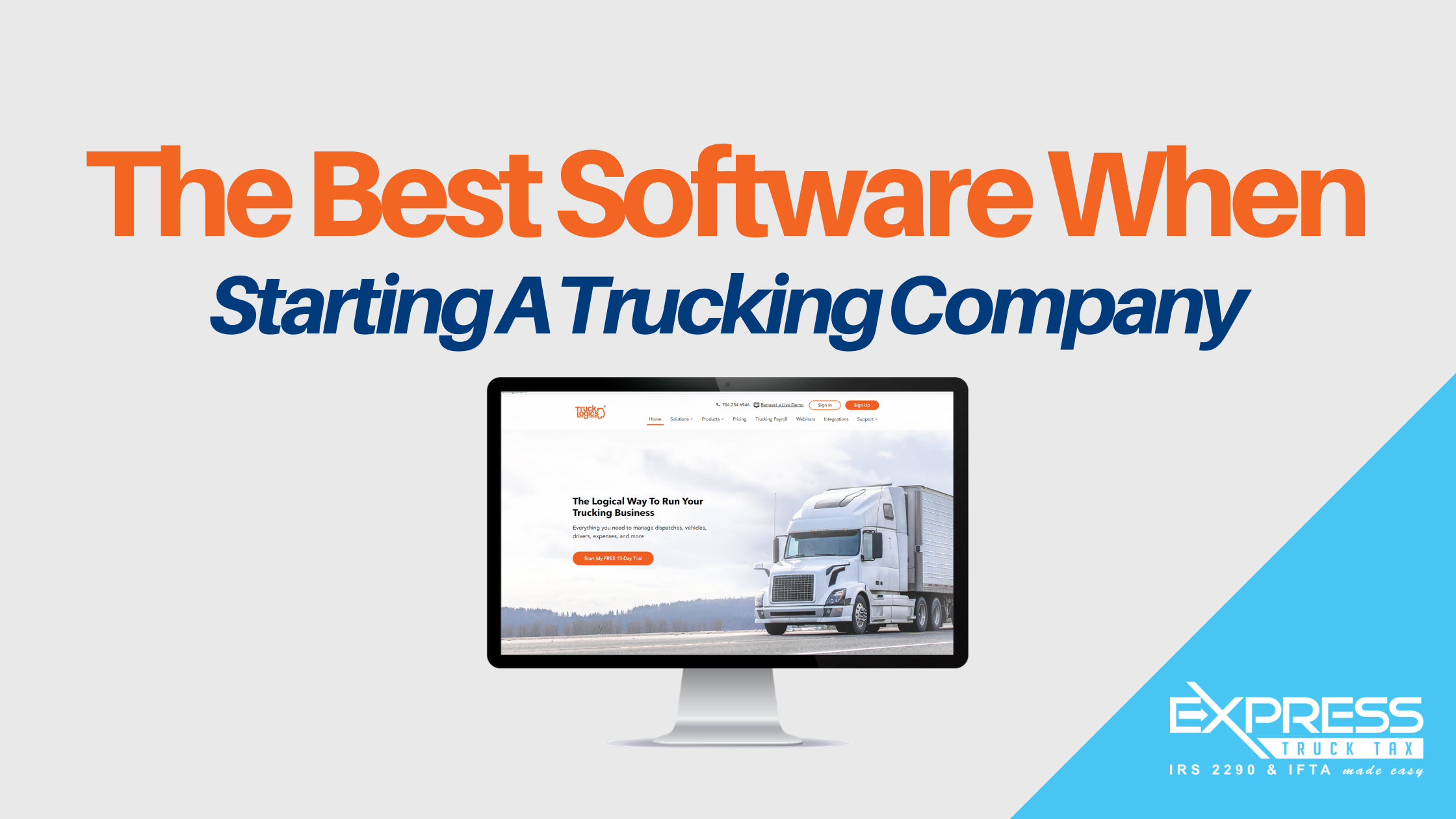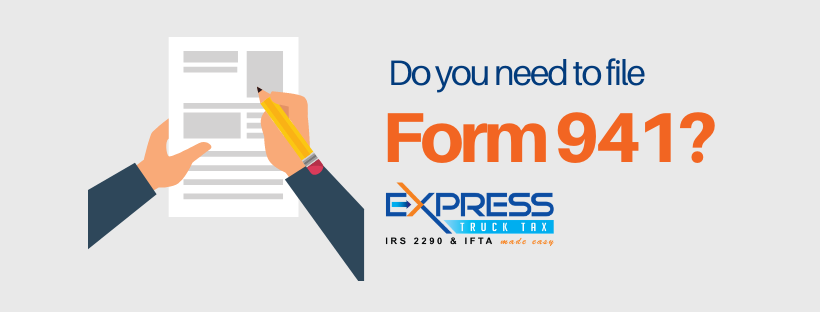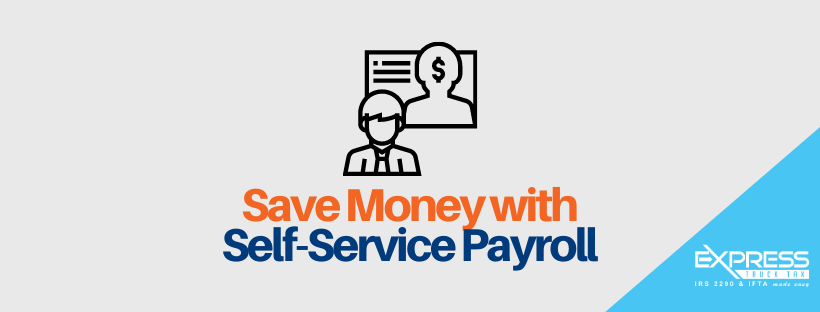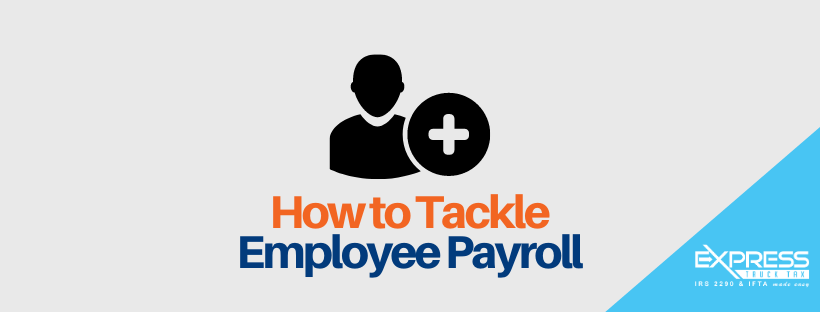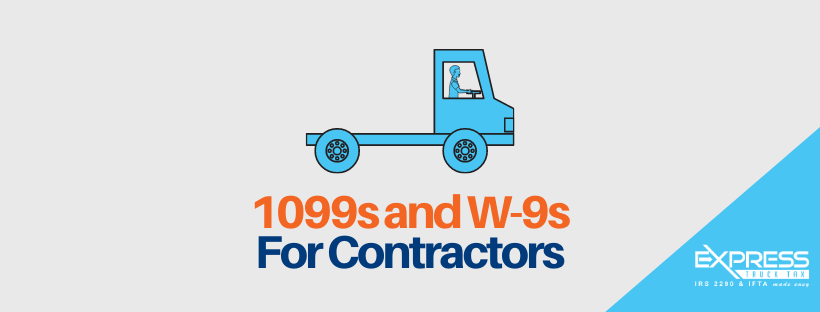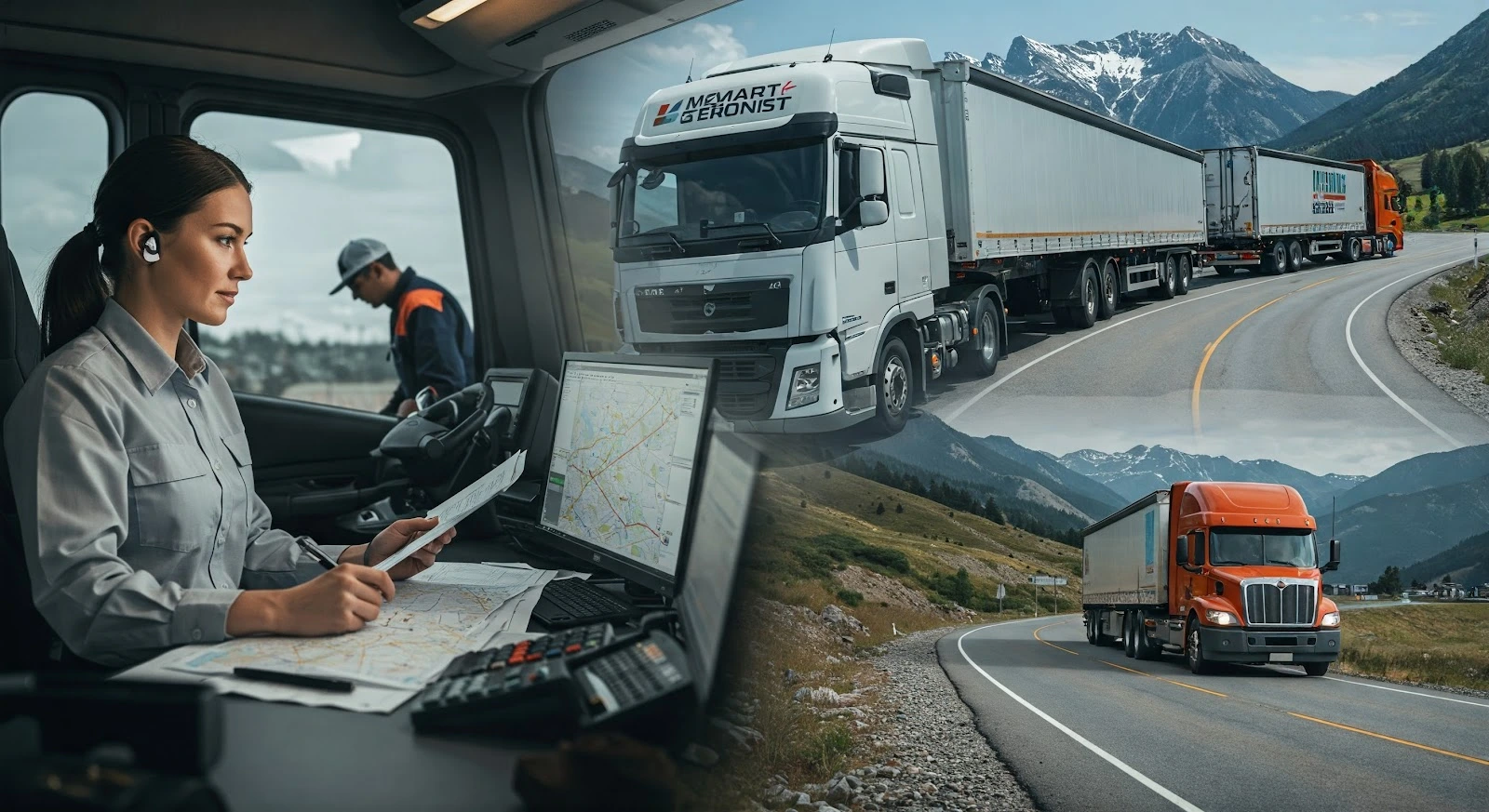
The trucking industry serves as the backbone of the U.S. economy, ensuring the seamless movement of goods across states and fueling commerce in nearly every sector. From retail and manufacturing to agriculture and construction, businesses rely on the trucking industry to keep supply chains running efficiently.
In recent years, the demand for trucking services has skyrocketed due to the rise of e-commerce, increased consumer spending, and supply chain diversification. According to the American Trucking Associations (ATA), over 72% of all freight in the U.S. is transported by trucks, highlighting the crucial role of trucking companies in economic growth. Additionally, with an aging workforce and ongoing driver shortages, there are ample opportunities for new entrants to establish themselves in the industry.
Starting a trucking business is not just about driving; it’s about entrepreneurship, financial independence, and long-term stability. Whether you’re an owner-operator looking to expand or an investor seeking a profitable venture, launching a trucking company offers numerous advantages, including high earning potential, flexibility in operations, and the ability to scale over time.
Moreover, government programs and financing options make it easier for aspiring trucking entrepreneurs to acquire vehicles, obtain necessary permits, and manage compliance requirements. With the right business strategy, dedication, and industry knowledge, starting a trucking business can be a highly rewarding venture, offering both personal and financial growth.
Developing Your Trucking Business Plan
Starting a Trucking Business
A well-structured business plan is the foundation of any successful trucking business. It serves as a roadmap that outlines your business goals, operational strategies, financial projections, and market positioning. Not only does it help you stay on track, but it also plays a crucial role in securing funding from banks, investors, or financial institutions. A strong business plan demonstrates your commitment, planning capabilities, and understanding of the industry, making it a key tool for long-term success.
Key Components of a Robust Trucking Business Plan
1. Executive Summary
The executive summary provides an overview of your business, its mission, and its vision. This section should briefly outline your business objectives, the type of trucking services you plan to offer, and your competitive advantage. Investors and lenders often read this section first, so it should be compelling and concise.
2. Company Description
This section provides detailed information about your business, including:
- Business name, structure (LLC, sole proprietorship, corporation, etc.), and ownership details.
- Location and operational scope (local, regional, or national).
- The specific trucking services you will offer (freight hauling, refrigerated transport, specialized trucking, etc.).
3. Market Analysis
Understanding the trucking industry and your target market is essential for long-term success. Your market analysis should cover:
- Industry trends and growth opportunities.
- Competitor analysis (who your competitors are and what differentiates you).
- Target customers (retailers, manufacturers, logistics companies, etc.).
- Pricing strategies and market demand for your services.
4. Business Structure & Management
Clearly define your company’s legal structure and management team. If you plan to operate as an owner-operator, this section should outline your role in day-to-day operations. If you have a team, list key personnel, their roles, and how they will contribute to the business’s success.
5. Services and Equipment
Describe the type of trucking services you will provide, along with details about your equipment:
- Types of trucks and trailers required (dry vans, flatbeds, refrigerated trucks, etc.).
- Fleet acquisition strategy (buying vs. leasing).
- Maintenance and safety protocols for vehicles.
6. Financial Plan & Funding Requirements
A well-thought-out financial plan is essential for securing funding and managing cash flow. This section should include:
- Startup costs (trucks, insurance, licensing, permits, fuel, etc.).
- Operating costs (maintenance, salaries, fuel expenses, tolls, etc.).
- Revenue projections and break-even analysis.
- Funding sources (personal investment, bank loans, grants, or investors).
7. Compliance and Legal Considerations
Trucking businesses must comply with federal and state regulations. This section should cover:
- Business registration and licenses (DOT number, MC number, IRP, IFTA, etc.).
- Insurance requirements (liability insurance, cargo insurance, workers’ compensation).
- Safety and compliance with FMCSA (Federal Motor Carrier Safety Administration) regulations.
8. Marketing and Customer Acquisition Strategy
Your trucking business needs a strategy to attract clients and generate revenue. A marketing plan should include:
- Online presence (website, social media, and online directories).
- Networking with freight brokers, logistics companies, and direct clients.
- Leveraging load boards and freight marketplaces.
- Referral programs and partnerships with existing businesses.
Why a Business Plan is Essential
A trucking business plan is more than just a document—it’s a tool that helps you:
- Stay focused and organized as you grow your business.
- Secure financing by demonstrating financial viability.
- Plan for potential risks and industry challenges.
- Establish realistic goals and track progress over time.
A well-developed business plan sets the stage for a strong and sustainable trucking business. With clear objectives, strategic planning, and financial management, you’ll be well-positioned to navigate the industry and achieve long-term success.
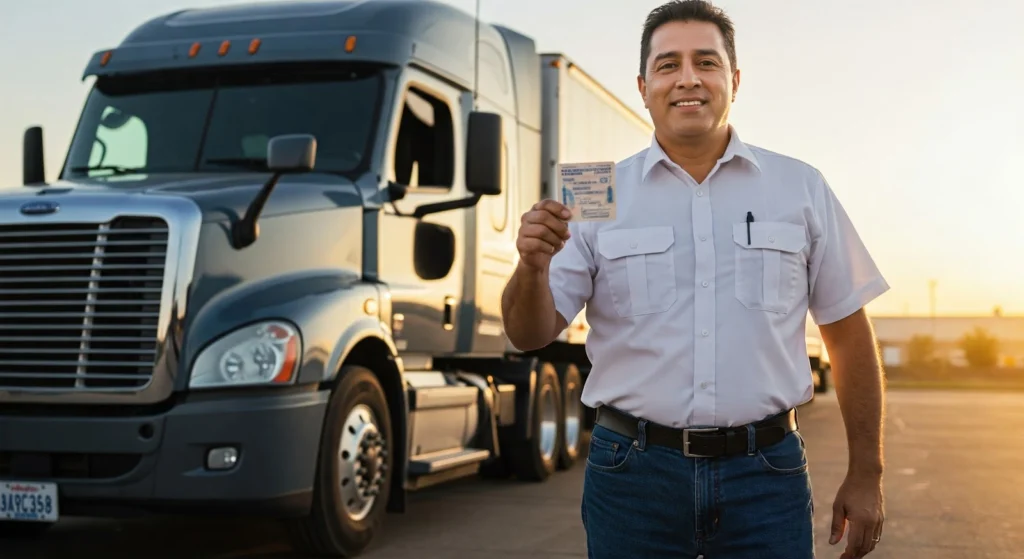
Acquiring a Commercial Driver’s License (CDL)
If you’re planning to start a trucking business with one truck, obtaining a Commercial Driver’s License is one of the most critical steps. A CDL is a mandatory requirement for operating large commercial vehicles and ensures that you have the necessary skills and knowledge to drive safely and comply with federal and state regulations. Whether you plan to operate as an owner-operator or hire drivers in the future, understanding the CDL process is essential for launching your trucking business successfully.
Why a CDL is Important for Your Trucking Business
A CDL is required for operating commercial motor vehicles (CMVs) that exceed 26,000 pounds in gross vehicle weight (GVW) or transport hazardous materials. Here’s why obtaining a CDL is crucial:
- Legally Required – The Federal Motor Carrier Safety Administration (FMCSA) mandates that all truck drivers hold a CDL to ensure road safety.
- Ensures Compliance – Without a CDL, you won’t be able to operate your truck legally, which can result in fines, penalties, or even business closure.
- Enhances Credibility – Having a CDL adds professionalism to your trucking business and builds trust with customers and freight brokers.
- More Control Over Operations – If you own the truck and drive it yourself, you have direct control over your business operations and profitability.
CDL Requirements and Steps to Obtain One
The process of obtaining a CDL involves several steps, including education, testing, and compliance with state and federal requirements. Here’s a step-by-step guide:
1. Meet the Basic Eligibility Criteria
Before applying for a CDL, you must meet certain basic requirements, which include:
- Being at least 18 years old for intrastate driving (within one state) or 21 years old for interstate trucking (across state lines).
- Holding a valid regular driver’s license.
- Having a clean driving record (serious traffic violations can disqualify you).
- Passing a Department of Transportation (DOT) medical exam to ensure you meet health and vision standards.
2. Choose the Right CDL Class
CDLs are categorized into three main classes, depending on the type of truck and cargo you plan to transport:
- Class A CDL – Required for operating vehicles with a gross combination weight rating (GCWR) of 26,001 pounds or more, including tractor-trailers, flatbeds, and tankers.
- Class B CDL – For single vehicles (not towing trailers) with a GVWR of 26,001 pounds or more, such as dump trucks and straight trucks.
- Class C CDL – Needed for vehicles transporting hazardous materials or 16 or more passengers, such as buses and HazMat trucks.
For most trucking business owners operating semi-trucks, a Class A CDL is required.
3. Enroll in a CDL Training Program
While self-study is possible, enrolling in a CDL training school is highly recommended. Training programs provide:
- Hands-on driving experience with commercial trucks.
- Classroom instruction on federal and state trucking laws.
- Preparation for written exams and skills tests.
- Networking opportunities with trucking professionals.
Many trucking companies and financial institutions also offer CDL training assistance programs that cover tuition costs in exchange for employment commitments.
4. Obtain a Commercial Learner’s Permit (CLP)
Before taking the CDL road test, you must first get a Commercial Learner’s Permit (CLP), which allows you to practice driving a commercial truck under supervision. To get a CLP, you must:
- Pass a written knowledge test at your state’s DMV.
- Submit your DOT medical certificate.
- Pay the required permit fee (varies by state).
- Hold the CLP for at least 14 days before taking the CDL skills test.
5. Take the CDL Skills Test
Once you have gained enough practice with your CLP, you can take the CDL skills test, which consists of three parts:
- Pre-Trip Inspection – Demonstrate knowledge of vehicle safety checks.
- Basic Control Skills Test – Show proficiency in maneuvering, backing up, and turning the truck.
- Road Test – Drive on public roads while being evaluated by a CDL examiner.
If you pass all three sections, you will receive your CDL license, allowing you to legally operate a commercial truck.
6. Obtain Additional Endorsements (Optional but Beneficial)
CDL endorsements allow you to expand your trucking business by hauling specialized freight. Common endorsements include:
- HazMat (H) – Required for transporting hazardous materials.
- Tanker (N) – For hauling liquid cargo in tank trucks.
- Doubles/Triples (T) – Allows driving multiple trailers.
- Combination HazMat & Tanker (X) – For hauling hazardous liquids.
Endorsements can increase your earning potential and open more business opportunities.
Starting Small: The Advantage of Operating with One Truck
If you’re starting your trucking business with a single truck, obtaining your own CDL can be a strategic move. By driving yourself, you:
- Save money on hiring drivers.
- Gain firsthand experience in trucking operations.
- Build credibility before expanding your fleet.
- Increase profit margins by keeping labor costs low.
Many successful trucking entrepreneurs begin as owner-operators before scaling their business into a full-fledged fleet operation.
Acquiring a CDL is a crucial step in launching your trucking business, especially if you’re starting small with one truck. It not only ensures compliance with regulations but also provides the flexibility and independence to run your business effectively. By understanding the CDL process and obtaining the right endorsements, you set yourself up for a successful and profitable trucking career.
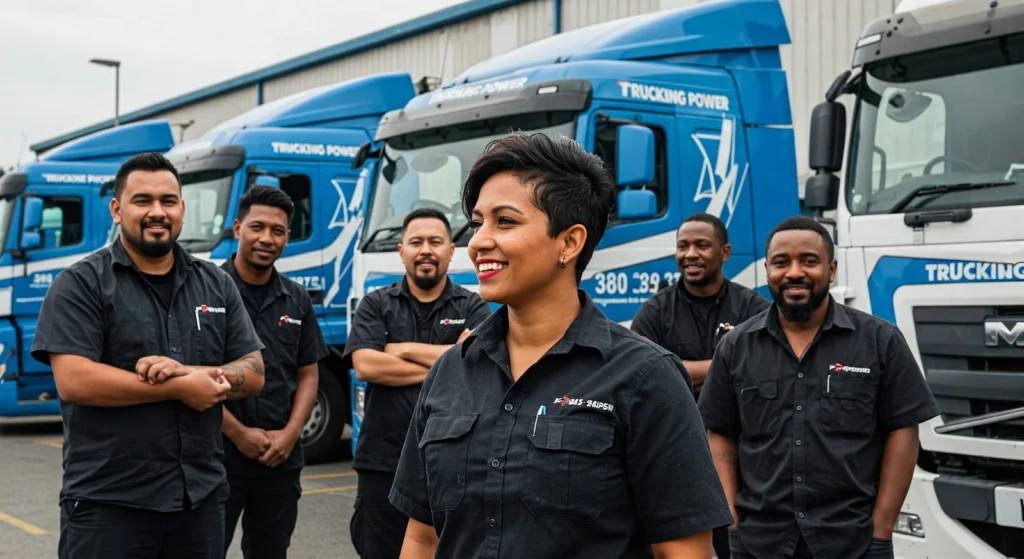
Laying the Foundation of Your Trucking Company
Starting a trucking business requires more than just buying a truck and hitting the road. You need to establish a strong business infrastructure to ensure smooth operations, legal compliance, and long-term profitability. This section outlines the essential steps to lay the foundation for your trucking company.
1. Choose the Right Business Structure
One of the first steps in starting your trucking business is deciding on a legal structure. The structure you choose affects your taxes, liability, and ability to secure financing. Here are the most common options:
- Sole Proprietorship – Simple to set up, but the owner is personally liable for all business debts.
- Limited Liability Company (LLC) – A popular choice for trucking businesses as it provides liability protection while maintaining tax flexibility.
- Corporation (S-Corp or C-Corp) – More complex, but suitable for those planning to scale their fleet and seek investors.
For most owner-operators, an LLC is the best option because it offers personal liability protection while keeping paperwork and tax requirements manageable.
Action Step: Register your business entity with your state’s Secretary of State office.
2. Obtain an Employer Identification Number (EIN)
An EIN (also known as a Federal Tax ID Number) is required for tax filing, opening a business bank account, and hiring employees.
How to Get an EIN:
- Apply online for free through the IRS website.
- Receive your EIN instantly upon successful application.
3. Secure Necessary Licenses and Permits
Before operating legally, your trucking company must obtain specific licenses and permits:
- USDOT Number – Required by the Federal Motor Carrier Safety Administration (FMCSA) to track your business operations and safety compliance.
- Motor Carrier (MC) Number – Needed if you plan to operate as a for-hire carrier across state lines.
- International Registration Plan (IRP) and International Fuel Tax Agreement (IFTA) – Essential for interstate trucking, allowing you to pay fuel taxes across multiple states.
- Unified Carrier Registration (UCR) – Required for companies operating in interstate commerce.
- BOC-3 Filing – A process agent must be designated for legal filings in every state where you operate.
Action Step: Apply for the required licenses and registrations through FMCSA and your state’s transportation department.
4. Open a Business Bank Account
Separating personal and business finances is critical for managing income and expenses efficiently. A business bank account:
- Helps with financial organization and tax filing.
- Protects personal assets from business liabilities.
- Makes it easier to apply for loans and financing.
Action Step: Choose a bank that offers business checking accounts with low fees and online banking options.
5. Obtain Trucking Insurance
Insurance is one of the most significant expenses in a trucking business but is required to operate legally. Common types of trucking insurance include:
- Primary Liability Insurance – Covers damage caused to others in an accident.
- Physical Damage Insurance – Protects your truck from damage, theft, and natural disasters.
- Cargo Insurance – Covers damage or loss of freight being transported.
- Workers’ Compensation Insurance – If you plan to hire drivers, this covers medical expenses in case of job-related injuries.
Action Step: Compare quotes from multiple insurers to get the best coverage at the lowest price.
6. Acquire Your First Truck (Buy vs. Lease)
One of the biggest decisions you’ll make is how to acquire your truck:
Buying a Truck
- Higher upfront cost but provides full ownership.
- No monthly lease payments, making it cheaper in the long run.
- Ideal for long-term investment and higher profit margins.
Leasing a Truck
- Lower upfront cost, making it easier to start.
- Comes with maintenance and warranty coverage in many cases.
- Ideal if you lack the capital to buy a truck outright.
Action Step: Determine your budget and financing options before making a purchase decision.
7. Implement an Accounting & Tax Management System
Proper financial management is key to the success of your trucking company. You need to track:
- Income and expenses for tax filing.
- Fuel costs and IFTA taxes.
- Truck maintenance and operational costs.
Using accounting software like QuickBooks or hiring a trucking accountant can help you stay organized and avoid costly IRS penalties.
Action Step: Set up a bookkeeping system and consult a tax professional to manage HVUT (Heavy Vehicle Use Tax) and quarterly tax filings.
8. Develop a Business Branding & Marketing Strategy
Even with a well-structured trucking business, you won’t be profitable without clients. Marketing is crucial for attracting shippers, brokers, and direct customers.
- Create a Professional Website – Showcase your services, contact information, and service areas.
- Leverage Load Boards – Platforms like DAT Load Board or Truckstop.com help find loads quickly.
- Network with Freight Brokers – Establish relationships to secure consistent freight contracts.
- Use Social Media & Advertising – Platforms like Facebook, LinkedIn, and Google Ads can help promote your trucking business.
Action Step: Build a strong online presence and start networking with potential customers.
9. Hire Drivers (If Scaling Beyond One Truck)
If your goal is to expand your fleet, hiring qualified truck drivers will be a major step. Look for:
- CDL-certified drivers with clean driving records.
- Experience handling the type of freight you transport.
- Drivers who meet FMCSA’s drug and alcohol testing requirements.
Consider offering competitive pay and benefits to attract and retain top drivers.
Laying the foundation for your trucking company requires careful planning and execution. From business registration and licensing to acquiring trucks and setting up financial management, every step is crucial to ensuring a smooth launch and sustainable growth.
Ready to Roll out Your Trucking Business?
ExpressTruckTax is here to ensure your road to financial independence and entrepreneurial success is as smooth as possible. With our specialized HVUT e-filing system, you’ll save time, maintain accuracy, and keep your focus on what you do best: driving your business forward.
Whether you’re an owner-operator, fleet owner, or tax preparer, our user-friendly platform simplifies the e-filing of forms and amendments, while offering secure payment solutions that keep you in good standing with the IRS. Embrace the freedom of the open road with the confidence that your tax compliance is handled expertly.
Take the first step towards building your trucking empire. Visit ExpressTruckTax.com today and experience the ease of managing your Heavy Vehicle Use Tax efficiently and effectively. Let’s get your trucks moving and your business thriving with ExpressTruckTax – your trusted partner in the journey to trucking success.
